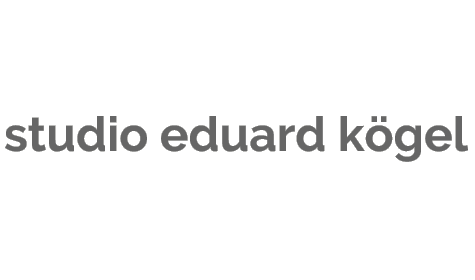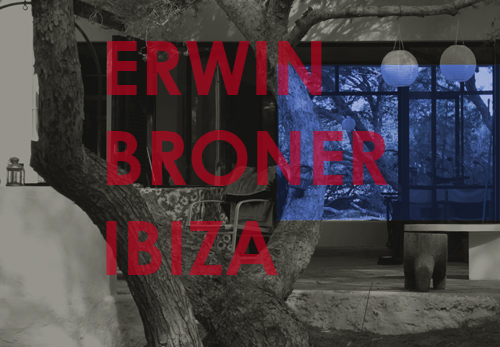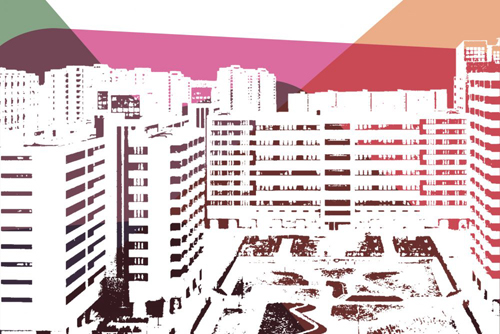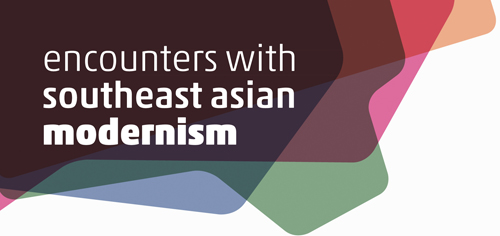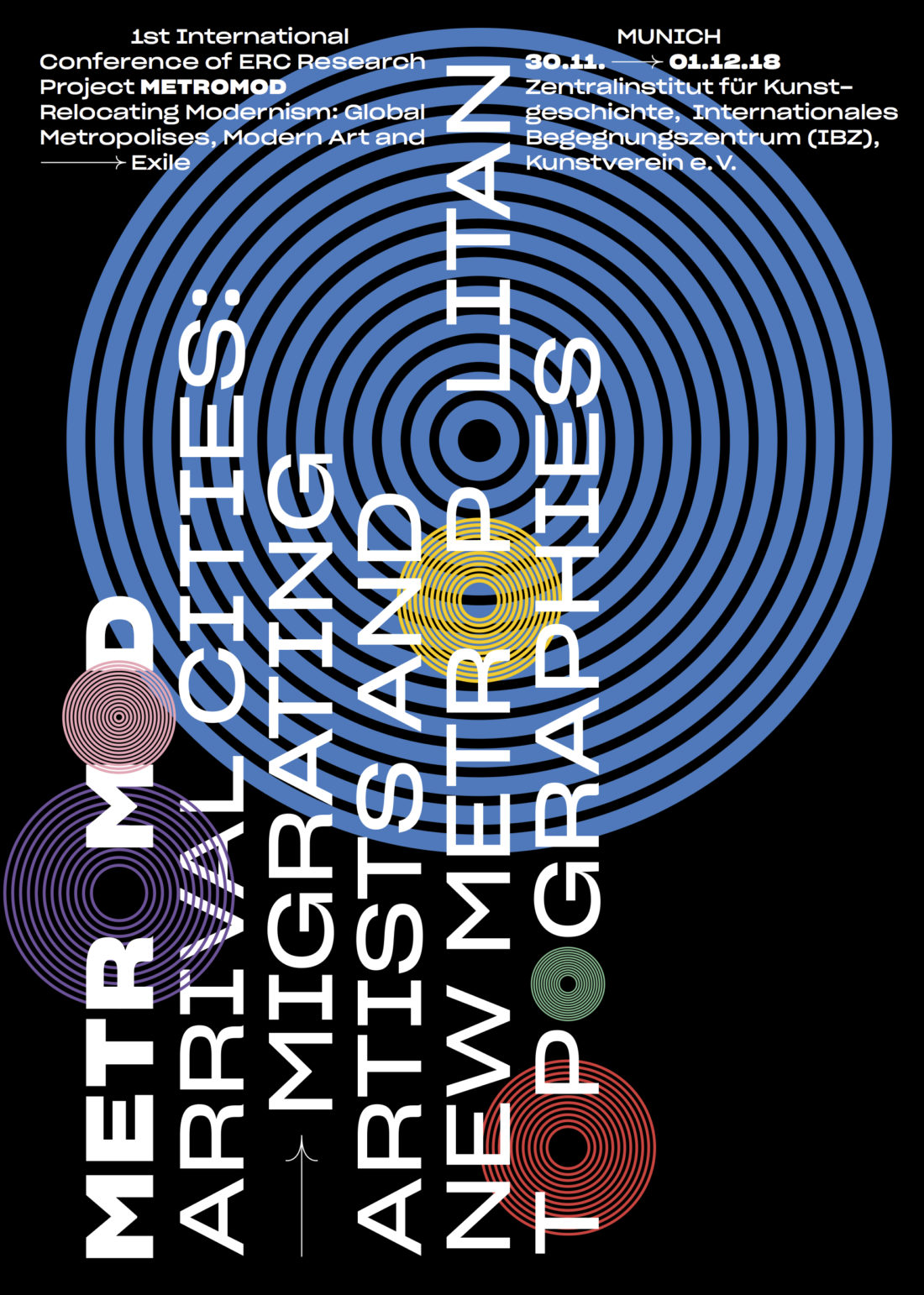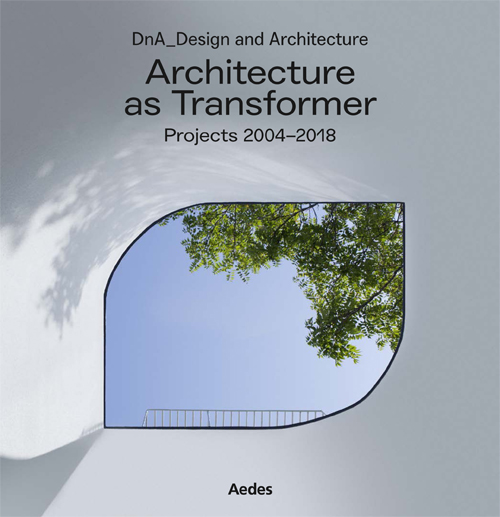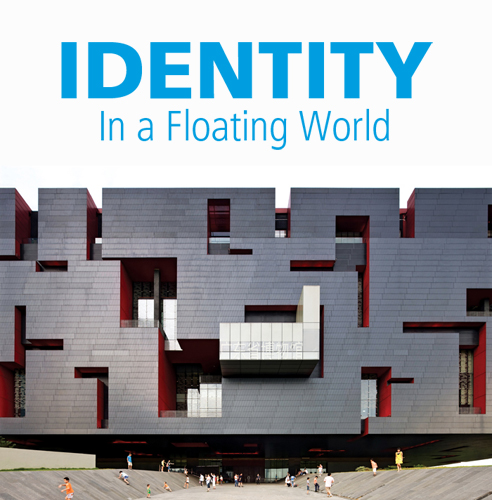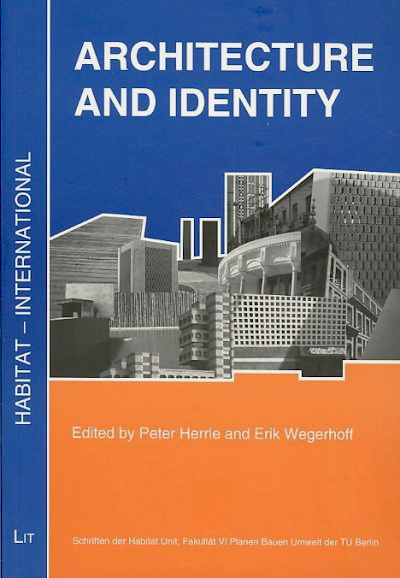Erwin Broner Ibiza
Kögel, Eduard (2019). Erwin Broner’s Exile in Ibiza. The Transformation from Vernacular to Avant-garde in Architecture. In: Burcu Dogramaci/Kerstin Pinther (Eds.), Design Dispersed (212-231). Bielefeld: transcript Verlag. https://doi.org/10.14361/9783839447055-012
Eduard Kögel: Erwin Broner’s Exile in Ibiza.
The Transformation from Vernacular to Avant-garde in Architecture
The German architect and artist Erwin Broner had to flee from the National Socialists and came to Ibiza for the first time at the end of 1933. Like other refugees, such as the Dadaist Raoul Hausmann or the writer Walter Benjamin, he studied the traditional architecture of the island. In the 1940s Broner and his second wife, Bauhaus graduate Bella Ullmann, worked in the Hollywood film industry. At the end of the 1950s he returned to Ibiza with his third wife and designed his own house there, which is of particular importance for the discourse on Ibiza’s architectural culture. Later he built houses and studio buildings in the countryside and on the outskirts of the city, or renovated existing buildings in the old town. His approach starts from the existing situation and changes it with simple means so that the result appears completely natural. As an artist, he was a member of Grupo 59 and a driving force for contemporary expression in all areas of cultural development.
